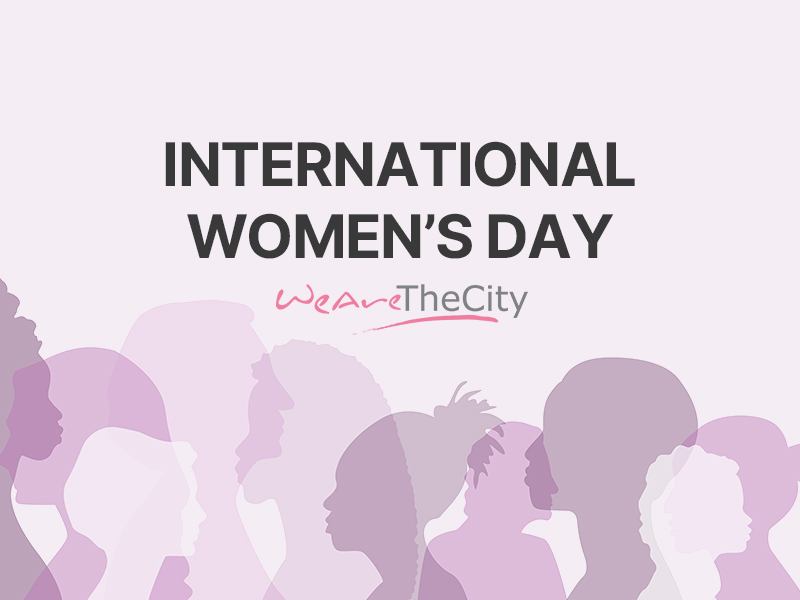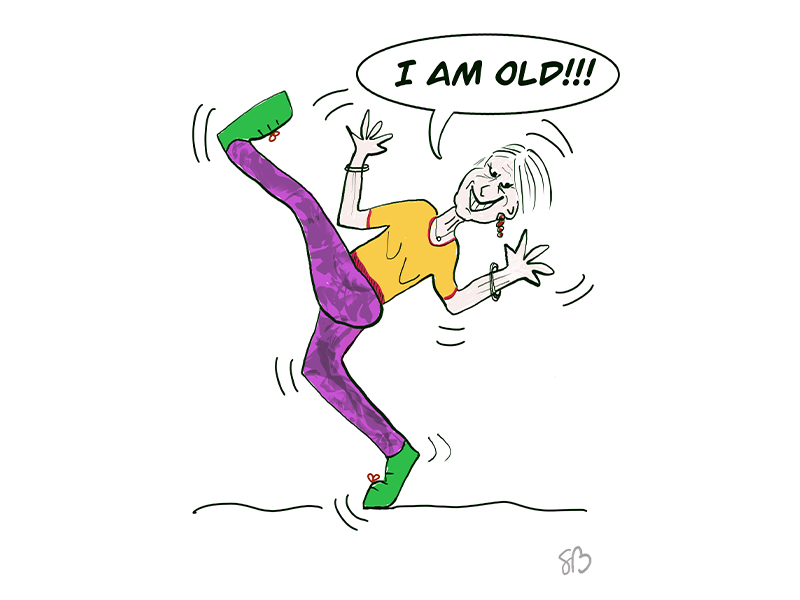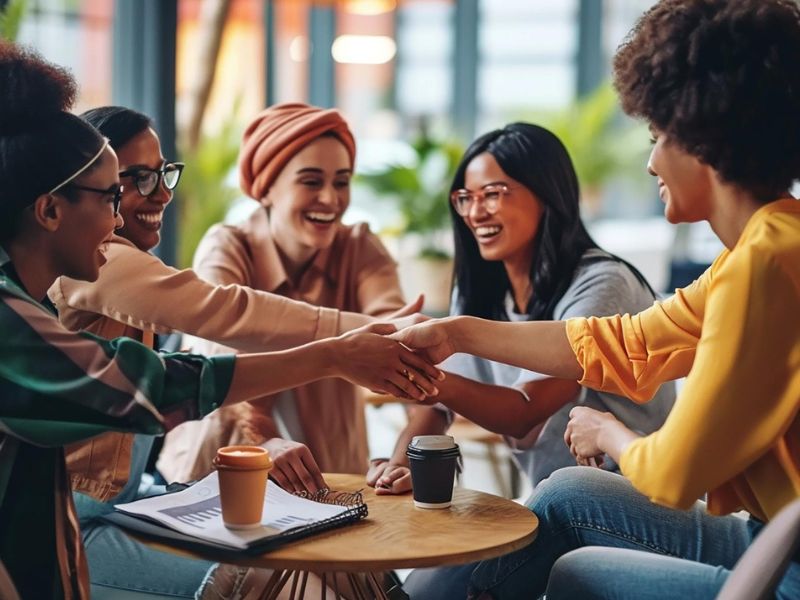2015 was an important year for gender equality; however there is much more to be done in 2016 said Justine Greening, Development Secretary.
Greening made her comments about gender equality as part of ODI’s #GenderDay debates.
Last year Greening said that 2015 was a key year for gender equality. During her International Women’s Day 2016 speech she said: “2015 was an important year for girls and women – as we successfully fought for that standalone gender equality goal, Global Goal 5 in the new Sustainable Development Goals, and – against real opposition – for the first time the world has key targets on sexual and reproductive health, ending FGM and child marriage.
“What’s more we’ve made sure that gender equality runs through the Global Goals, because no goal, whether on education, sanitation or health, will be considered achieved unless it’s achieved for everyone – women and men, girls and boys. No one can be left behind.”
Greening said 2015 was important for getting the rights of women and girls on the “world’s to do list” and that 2016 “is about doing that to do list. We shouldn’t lose a single moment when it comes to making these goals a reality. 2016 will also be the year of the UN High Level Panel on girls and women’s economic empowerment – announced by the UN Secretary General in January…the first time the UN have ever put together a High Level Panel on this.”
It’s taking too long
Although Greening mentioned several advances in gender equality, she added that the process is taking too long: “I want to be very clear about today is that when it comes to winning the battle on gender equality, we are getting there but it’s taking far, far too long.
“Yes there have been big victories in the battle for women’s rights – but, frankly, the pace of change has not been good enough – and that’s what we need to keep at the forefront of our minds this International Women’s Day. If we are to achieve the acceleration in progress for girls and women that we want and so badly need.”
Greening noted that currently one in four girls in developing countries will likely be married before the age of 18, and one in 12 before the age of 15.
One in three women worldwide are beaten or go through sexual violence in their lifetime. 200 million women around the world have undergone FGM. In Uganda, a woman is 123 times more likely to die in childbirth than a woman in the UK.
Just 50% of women participate in formal labour markets and have the financial independence that bring compared with 77% of men. In 17 countries, husbands can legally prevent their wives from working
In 29 countries women are prohibited from working at night. In 34 countries women do not have the same inheritance rights as men.
Greening added: “If girls and women were operating at their full potential and playing an identical role in labour markets to men’s then, according to the McKinsey Global Institute’s recent research, an estimated $28 trillion, or 26%, could be added to global GDP in 2025.
“They estimate the UK could add £0.6 trillion of additional annual GDP in 2025 by fully bridging the gender gap. So the world shouldn’t just wait for girls and women’s economic empowerment to steadily happen – we should turbo charge it. And what that shows is that our global economy needs women’s economic empowerment as much as any other lever that the central bankers can pull.”
She said women’s economic empowerment is a “game-changer” both for tackling poverty and for building global prosperity.
“And as well as being about basic, human rights for girls and women – gender equality is also in all our interests. When women are losing out – we’re all losing out. And at a time when there is still much economic uncertainty in global markets, we can’t afford to lock women out of the workplace – we need them in board rooms, offices and in industry,” said Greening.
“Economic empowerment goes right to the heart of women’s rights – it’s about jobs but it’s also about access to bank accounts, tackling violence against girls and women, overcoming discriminatory laws and reducing the burden of unpaid domestic work. All things the High Level Panel must tackle. No country can afford to leave half its population behind. This has been going on for too long – I don’t accept it.”
Voice, choice and control
Greening questioned “what about women having a real voice over the decisions that affect them?”
“Internationally we need the next UN Secretary General to really pick up the baton on gender equality – perhaps for the next UN Secretary General to be a woman for the first time. Again, on women having a voice, we need women to be equally represented in Parliaments around the world.”
In Somalia only 14% of MPs are women and in Sierra Leone there are just over 12%. In Japan there are only 9% are women.
“And Britain – where it’s still only 30% despite all the progress we’ve made. We still need around 130 more women MPs here to be equal. Let’s find the 130 more,” added Greening.
“My message to women in Britain is: if you’re a great, capable woman then run, run for Parliament or for local government, or to be a police commissioner, and if you know a great, capable woman – then ask her to run. What about women being able to choose their own futures?”
“Whether they’re sitting in Britain’s boardrooms or smallholder farmers in Ethiopia they need to be economically empowered. And finally the control women have over their lives and their own bodies, when and how many children they have, when they get married, not having FGM.”








